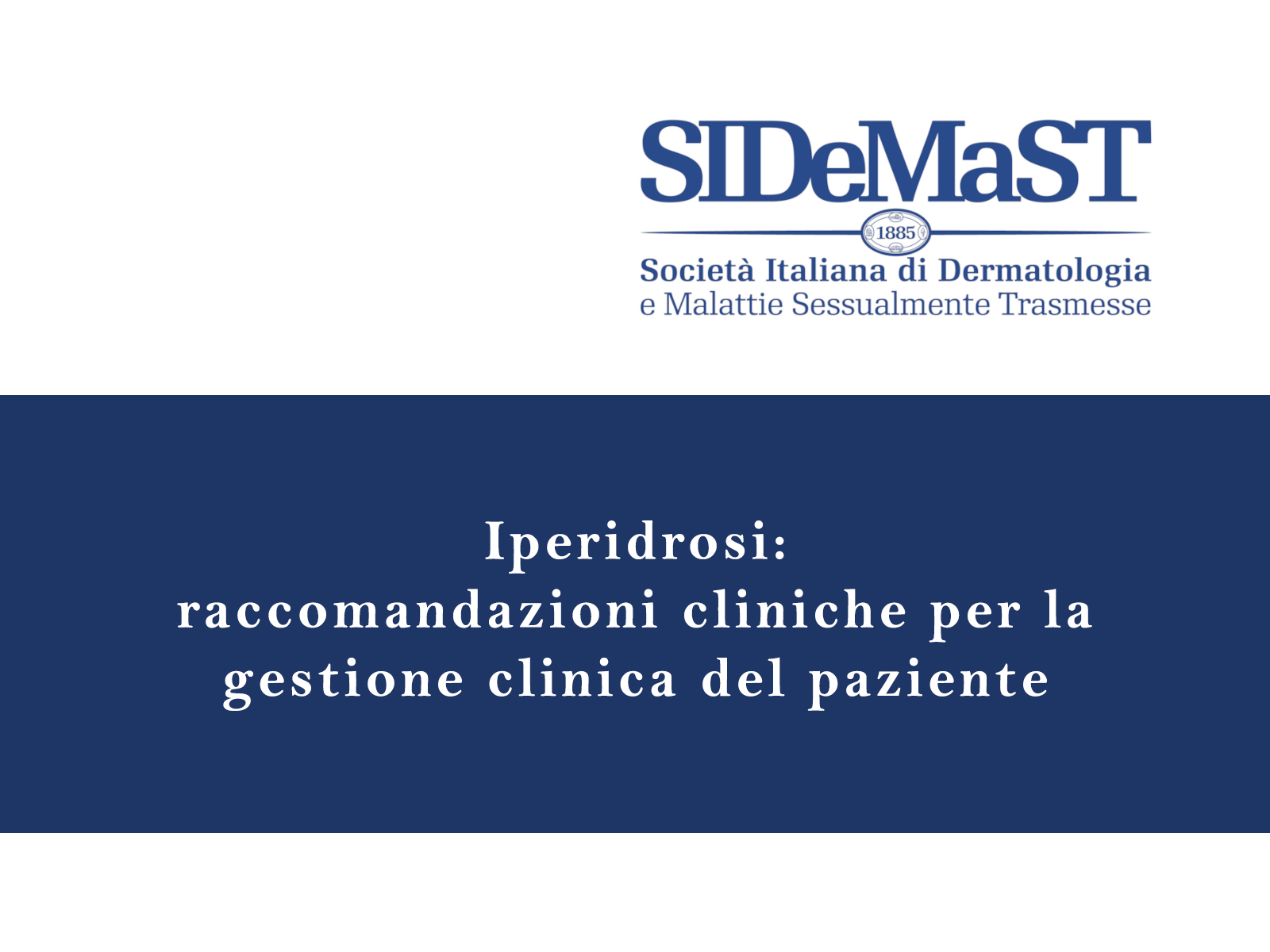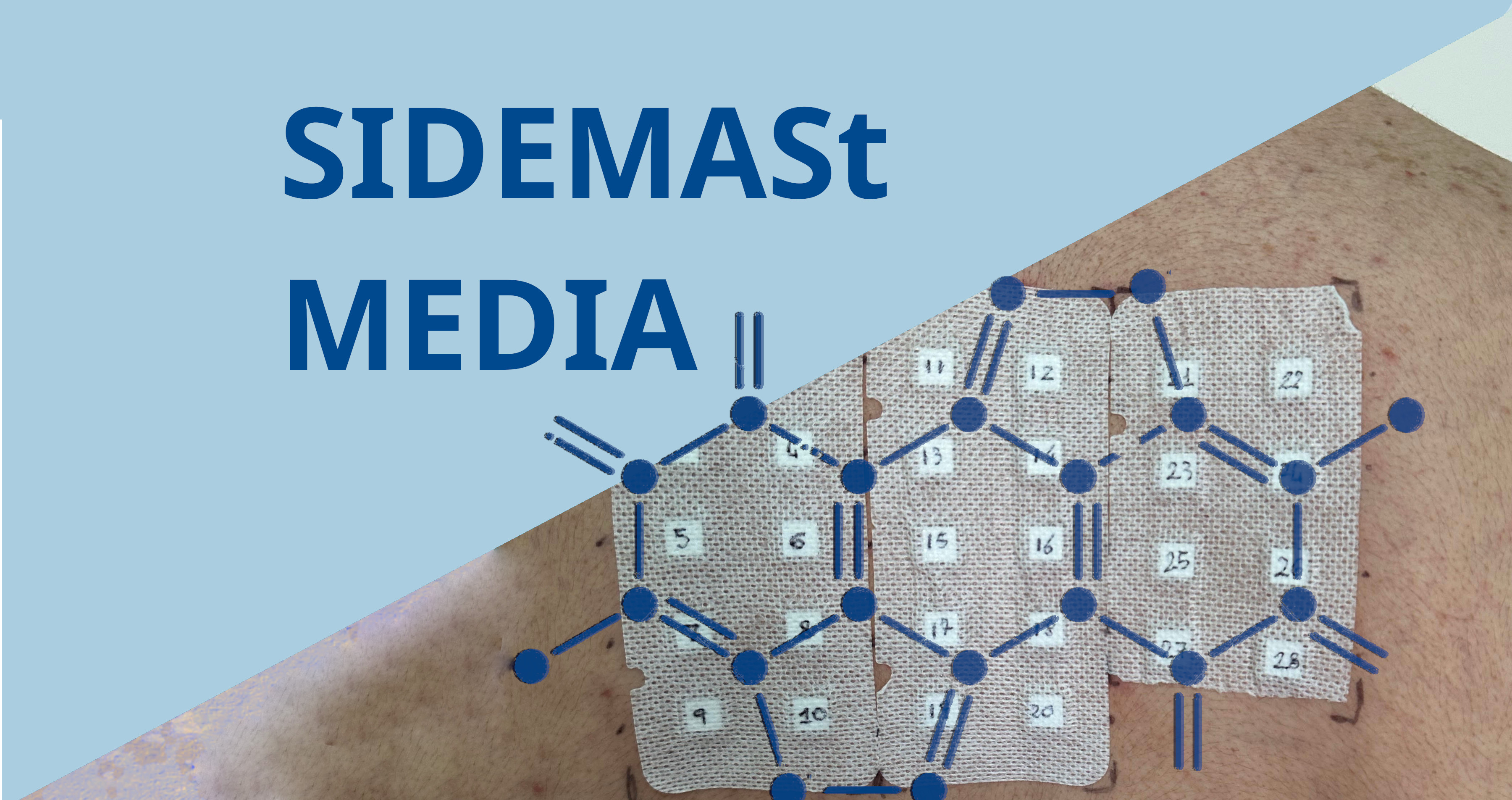More than 80% of patients with cancer who are treated with programmed death-1/ligand-1 inhibitors, or checkpoint inhibitors, report no cardiometabolic adverse events after 2 years or longer of therapy, according to a study presented here at the 22nd Annual Meeting of the National Comprehensive Cancer Network (NCCN).
"About 82% of the 57 patients we studied said they had no adverse effects of treatment with the PD-L-1 inhibitors," said Douglas Johnson, MD, Vanderbilt University School of Medicine, Nashville, Tennessee.
The most frequent adverse event was chronic arthritis, which was reported by 4 patients. Dr. Johnson acknowledged that arthritis is common in patients aged 66.5 years -- the median age of the study population -- but patients who continue on therapy can certainly still get atypical side effects such as arthritis.
"I have seen in my own patients acute onset of arthritis symptoms with use of the immune therapy agents," he said.
One patients died of severe radiation necrosis after receiving the PD-L-1 treatment for advanced melanoma. However, Dr. Johnson said that the patient had received whole brain irradiation prior to receiving the new immune modulating drugs.
"We don't know if the treatment with the drug exacerbated the necrosis or if the patient would have developed necrosis anyway," he said.
All patients in the study had received at least 1 dose of a PD-L-1 inhibitor, usually pembrolizumab or nivolumab, and had survived for at least 2 years.
"We looked at patients who had survived at least 2 years so we could assess long-term side effects," he said.
The researchers were particularly interested in cardiometabolic changes and the findings were encouraging.
"We looked at blood pressure, weight, and lipids and we really didn't see anything that was worrisome," said Dr. Johnson.
More than half the patients were being treated for advanced melanoma, about 20% were being treated for advanced non-small-cell lung cancer, and about 25% were under treatment for advanced renal cell carcinoma.
Overall, treatment with the agents did not seem to impact the patients' quality of life. Their median score on the Functional Assessment of Cancer Therapy-General (FACT-G) quality of life measurement was 90.
"Basically 80 to 85 is the average for all adults on the and our patients had an average of 90, which is pretty good," said Dr. Johnson. "We had a few patients who had PTSD symptoms but in most cases patients scored very well."
"Anti-PD-1 based therapies had largely tolerable long-term toxicity profiles, although more work is needed to define survivorship outcomes in this population," he concluded.
[Presentation title: Long-Term and Cardiometabolic Effect of Anti-PD1/PD-L1 Agents. Abstract 29]











